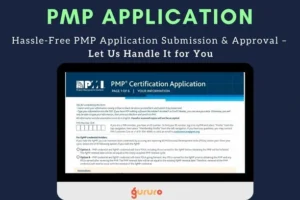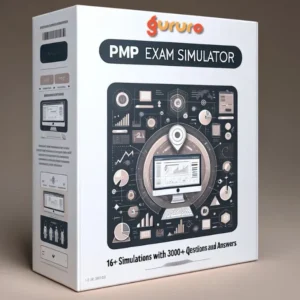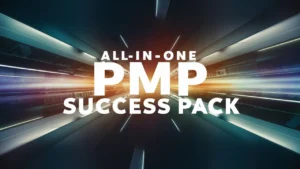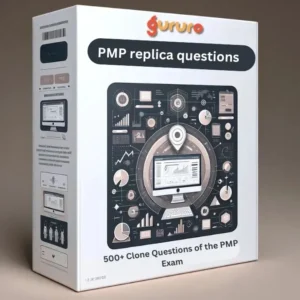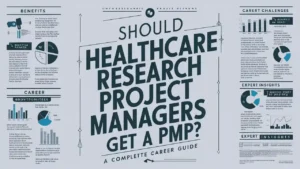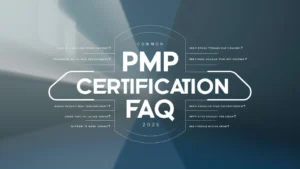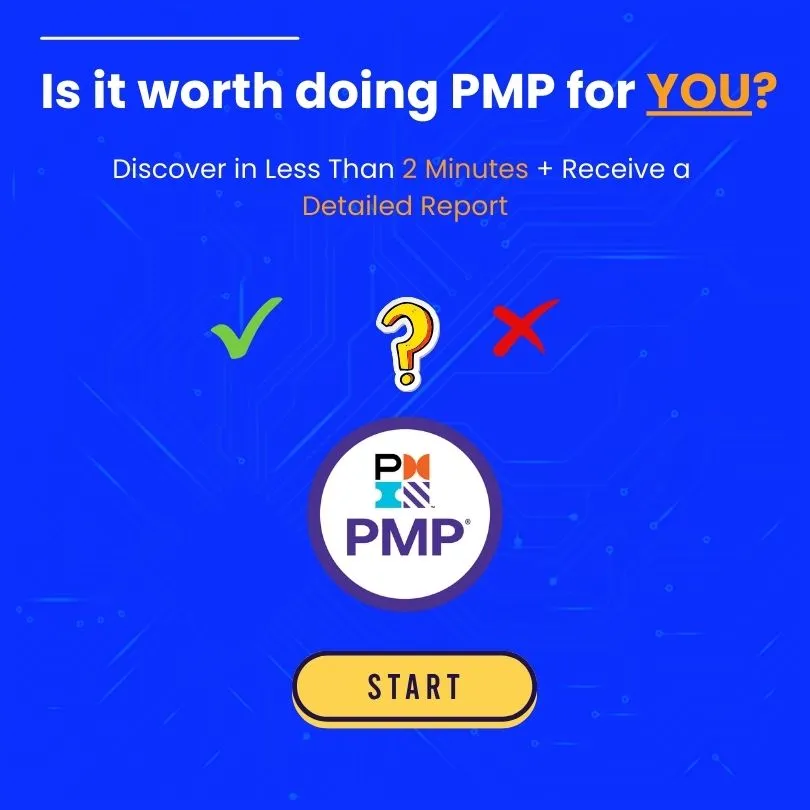Introduction
The Project Management Professional (PMP) certification, awarded by the Project Management Institute (PMI), is among the most prestigious and sought-after credentials in the project management field.
Studying for the PMP exam is a substantial investment of time and energy, and the last thing you’d want is to face unnecessary setbacks due to common mistakes.
To help you navigate this challenging journey, here’s a comprehensive guide on Top Mistakes To Avoid When Studying For The PMP Exam :
-
🚫 Underestimating the Exam’s Difficulty: The PMP exam is rigorous, and merely having project management experience won’t suffice. Ensure a systematic study plan including thorough PMBOK® Guide understanding, practice tests, and regular revisions.
-
📘 Ignoring the PMBOK® Guide: While abundant resources exist, the PMBOK® Guide is fundamental. Avoid merely skimming through it and ensure comprehensive understanding even when using supplementary materials.
-
🧠 Relying Solely on Memorization: The PMP exam tests understanding and application, not rote memorization. Focus on comprehending the logic behind formulas or processes instead of cramming.
-
⏱ Skipping Practice Tests: Practice tests are pivotal to gauge your preparedness and spotlight weak areas. Commit to multiple full-length mock exams and meticulously review incorrect answers.
-
📆 Procrastinating on the Application: The PMP application demands time, especially for documenting your project management experience. Initiate early and ascertain you fulfill all requirements before exam scheduling.
-
🔍 Not Reviewing Incorrect Answers: Beyond taking practice tests, delve into incorrect answers and grasp the rationale behind the correct choices.
-
🏃♂️ Studying Continuously without Breaks: Avoid marathon study sessions to prevent burnout. Adopt a strategy of studying in chunks with consistent breaks to boost retention and maintain mental wellness.
-
👥 Not Joining a Study Group: Participation in group discussions can unveil overlooked insights. Consider affiliating with local PMI chapter meetings or engaging in online forums.
-
🌐 Avoiding Real-World Application: Whenever possible, apply learned principles to your current project management role to deepen understanding and retention.
-
📚 Neglecting Non-PMBOK® Materials: While the PMBOK® Guide is vital, additional resources like Rita Mulcahy’s PMP Exam Prep and the Head First PMP provide varied perspectives and invaluable insights.
-
🛠 Ignoring the ITTOs: Understand the synergy among Inputs, Tool techniques, and Outputs without necessarily memorizing every single one.
-
🖥 Skipping Exam-Day Simulations: Familiarize yourself with the exam ambiance by dedicating time to a 4-hour mock test, ensuring an environment free from breaks and distractions.
-
👓 Not Reading Questions Carefully: Avert unnecessary errors by cultivating the habit of reading and re-reading questions for clear comprehension.
-
⌛ Failing to Manage Time: Develop a strategic rhythm during practice tests to adeptly know when to transition from challenging questions and when to dedicate additional time.
-
😴 Over-studying the Night before: Allow your brain to rest. On the eve of your exam, indulge in relaxation and secure a peaceful night’s sleep. Have faith in your preparation.
-
💪 Neglecting Your Health: Enhance the efficacy of your study sessions and exam day performance by maintaining a balanced diet, incorporating regular exercise, and ensuring sufficient sleep.
Conclusion
Avoiding these pitfalls will significantly enhance your chances of taking the PMP exam. Remember, the journey to obtaining your PMP certification is not just about passing an exam but about becoming a better project manager. Take each day as an opportunity to learn and grow, and you’ll surely find success. All the best!


